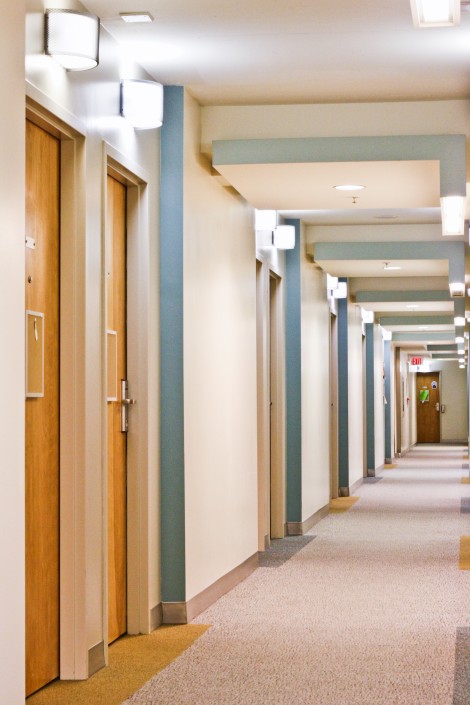This week’s conviction of former Rutgers University student Dharun Ravi has reignited discussions on the responses to university residence room change requests.
Two years ago, Ravi broadcasted an unauthorized webcam video of his roommate Tyler Clementi being intimate with another man. Shortly after the broadcast, Clementi committed suicide by jumping off the George Washington Bridge.
In the weeks before Clementi’s suicide, it is alleged that he filed a room change request. Questions have surfaced about how Rutgers responded to the claim at the time.
Critics from Maclean’s OnCampus argue that had Clementi been granted a room change or had his initial complaint been handled differently, he might still be alive today.
As a result, Maclean’s OnCampus urges universities to take room change requests more seriously.
U of T administrators say they approach cases of bad roommates on an individual basis to ensure each situation is dealt with using appropriate measures.
The dean of St. Michael’s College, Duane Rendle, told The Varsity that although residence policies at the university vary from college to college, they are based on “the best practices in the industry.”
Rendle said that SMC uses various techniques in order to pair “good roommates,” such as providing a roommate questionnaire, drafting roommate agreements, and teaching “roommate etiquette.”
Despite these precautions, Rendle explained that it is still difficult to foresee cases of “bad roommates.”
“I’ll be the first to admit that assigning roommates is not yet a science,” said Rendle.
“Sometimes two people who looked like great matches on paper won’t get along very well. Other times people who appear to be polar opposites will not only find a way to coexist but turn out to be lifelong friends,” he continued.
In the event that roommate relationships sour, SMC uses an incremental system to mediate non-threatening conflicts. In contrast, more direct and immediate action is taken to address dangerous situations.
“For incidents that involve threats, harassment, or theft, we would never advise students to simply ‘[work it out] among themselves’ or ‘come back and see us in October,’” said Rendle. “Our residence life staff would intervene immediately.”
Similar to SMC, New College residences implement policies that monitor roommate conflicts and encourage staff to intervene in hostile incidents.
“We have live-in dons in residence that help to mediate situations between roommates. Dons work closely with the assistant director, residence life to ensure that roommates each live in a safe space, and that their needs are met,” said Virginia Kostianiuk, assistant director of residence life at New College.
Although cases of bad roommates are a concern, not all colleges and campuses at U of T receive many complaints.
Julie Stevenson, assistant director of residence life at UTM, said that the Mississauga campus generally does not have as many issues in its residences because its rooms are single occupancy, eliminating the “good-roommate, bad-roommate” issue.
Julie Stevenson, assistant director of residence life at UTM, said that the Mississauga campus generally does not have as many issues in its resi- dences because its rooms are single occupancy, eliminating the “good-roommate, bad-roommate” issue.


